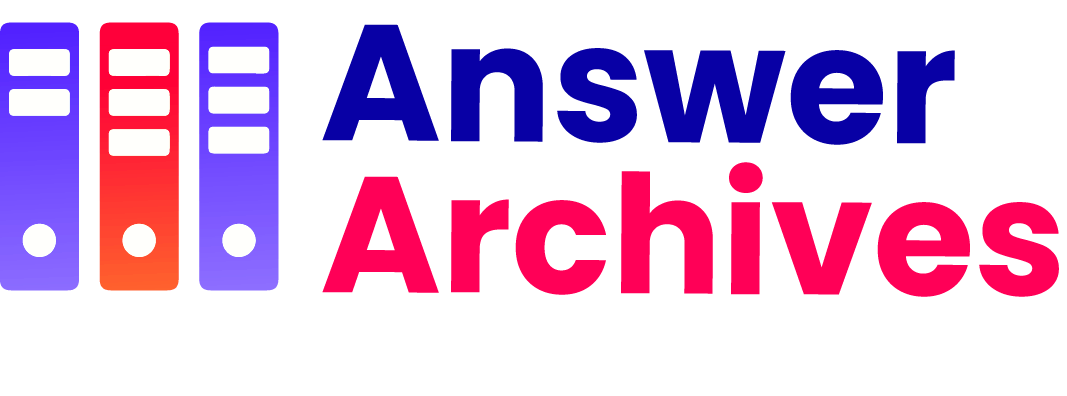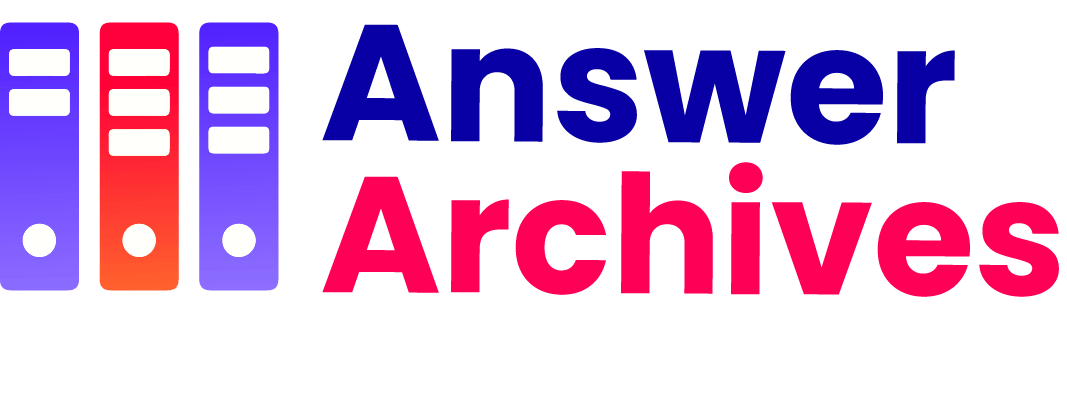Table of Contents
Digital marketing programs provide essential skills for navigating the ever-evolving online landscape. This article delves into the elements that make these programs vital for career advancement.
Understanding Digital Marketing
Digital marketing is about promoting products or brands via electronic media. This encompasses a range of strategies, including search engine optimization (SEO), content marketing, and social media management.
Unlike traditional marketing, digital marketing offers the advantage of real-time analysis and feedback, allowing for more agile and data-driven decision-making. This discipline requires a precise understanding of both the technological tools available and the behavior of your target audience. By mastering digital marketing techniques, businesses can achieve higher engagement rates, improve customer retention, and ultimately increase sales.
Importance of Digital Marketing Programs
As the digital economy grows, so does the need for skilled digital marketers. Digital marketing programs provide comprehensive training in essential areas like SEO, pay-per-click (PPC) advertising, and email marketing. They are designed to equip students with the know-how to navigate digital platforms effectively. These programs often include real-world projects and case studies to help students gain practical experience. They usually cover a broad spectrum of topics, from website analytics to social media strategies and content creation, ensuring that graduates are well-prepared for the multifaceted demands of the industry.
Key Components of Digital Marketing Programs
Digital marketing programs generally include a variety of essential components that help prepare students for real-world applications. These usually start with an introduction to digital marketing fundamentals, such as understanding target audiences and market research. From there, programs often delve into specific areas like SEO, which teaches students how to optimize content to rank higher on search engines. Social media marketing is another crucial component, covering various platforms and techniques to engage with audiences effectively. Additionally, content marketing, email marketing, and data analytics are often significant parts of these programs, providing a holistic understanding of the digital landscape.
Online vs. Traditional Learning
Online digital marketing programs offer flexibility and accessibility, making them a popular choice for many students. These programs allow learners to study at their own pace, making it easier to balance education with other commitments like work or family. Online programs also provide access to a global network of professionals and resources that might not be available in a traditional classroom setting. However, traditional in-person programs offer the benefit of real-time interaction with instructors and peers, which can enhance learning through immediate feedback and collaboration. Both methods have their advantages, and the choice often depends on the learner&8217;s personal circumstances and learning style.
Certifications and Accreditations
Certifications and accreditations are pivotal when choosing a digital marketing program. Accredited programs ensure that the curriculum meets industry standards, providing students with a quality education that is recognized by employers. Various certifications, such as Google Analytics, HubSpot, and Facebook Blueprint, add significant value to a digital marketer’s resume. These certifications validate a candidate’s proficiency in specific tools and platforms, making them more attractive to potential employers. Securing multiple certifications can also demonstrate a broad skill set, further enhancing job prospects. Whether through formal education or self-paced online courses, obtaining accredited certifications is crucial for career advancement in digital marketing.
Industry Partnerships and Networking
Building a professional network is a critical aspect of any career, and digital marketing is no exception. Many digital marketing programs offer opportunities to connect with industry professionals through internships, guest lectures, and partnerships with established companies. These connections can provide valuable insights into current industry trends, as well as open doors to job opportunities. Networking with peers and professionals also helps in sharing knowledge, resources, and support, which can be invaluable as you navigate your career. By participating in networking events and joining professional organizations, students can build relationships that may lead to mentorship opportunities and long-term career growth.
Real-World Applications and Case Studies
Hands-on experience is crucial for mastering digital marketing, and real-world applications and case studies are integral parts of digital marketing programs. These practical elements help students understand how to apply theoretical knowledge to real business challenges. Through case studies, students analyze real-world scenarios, identify problems, and develop strategies to address them. This experience not only enhances their problem-solving skills but also prepares them for the dynamic nature of the industry. Additionally, working on projects with real clients or simulated business environments provides a deeper understanding of the impacts of digital marketing strategies, making graduates more job-ready.
Career Opportunities and Future Trends
The digital marketing field is expanding rapidly, offering a variety of career opportunities. Roles like SEO specialist, social media manager, content marketer, and digital marketing analyst are just a few examples of the many positions available. As businesses continue to prioritize their online presence, the demand for skilled digital marketers is expected to grow. Moreover, future trends such as artificial intelligence, virtual reality, and voice search are poised to further transform the industry. Staying updated with these trends and continuously upgrading your skills can ensure longevity and success in your digital marketing career. That’s why ongoing education and adaptability are key.
Conclusion
Digital marketing programs provide a comprehensive framework for individuals to master the complexities of the digital landscape. These programs cover essential skills, from SEO and content marketing to social media strategy and data analytics, offering a well-rounded education. Certifications and accreditations further enhance the credibility and employability of graduates. Online and traditional learning each offer unique advantages, catering to different learning styles and schedules. Real-world applications and industry networking opportunities prepare students for the actual demands of the job market. With the digital economy continuing to grow, mastering digital marketing through structured programs is a strategic investment for a successful career.


